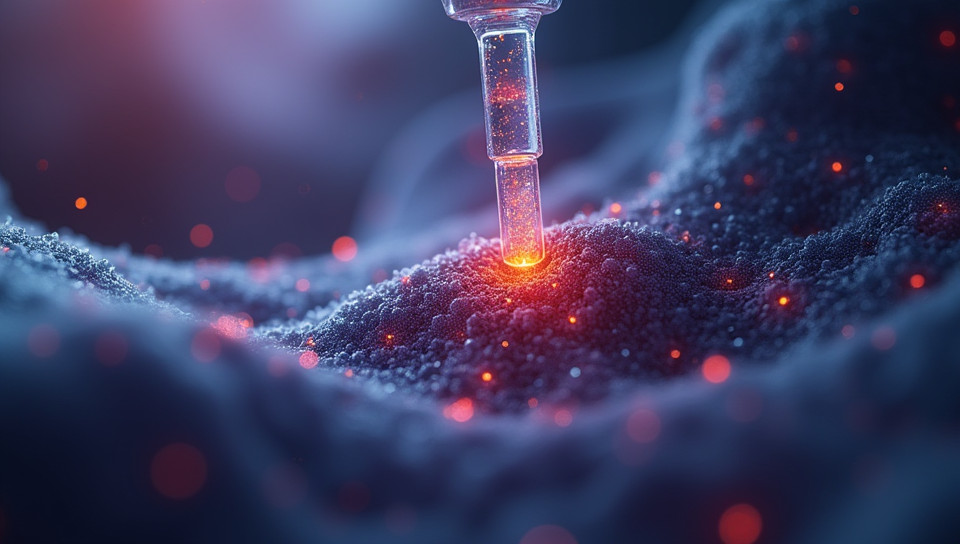Implantable devices use biosensors for monitoring 98%

The Future of Healthcare: Implantable Devices and Biosensors
Imagine being able to monitor your health from within, without the need for external devices or invasive procedures. This is exactly what implantable devices with biosensors are making possible. These innovative technologies have the potential to revolutionize the way we approach healthcare, allowing for real-time monitoring of vital signs, detection of diseases, and personalized treatment.
What are Implantable Devices?
Implantable devices are small medical instruments that are inserted into the body to perform a specific function or monitor a particular condition. They can be as simple as a pacemaker or as complex as a brain-computer interface. In recent years, there has been significant advancements in implantable device technology, particularly in the development of biosensors.
The Role of Biosensors
Biosensors are small sensors that detect changes in the body's physiological parameters, such as glucose levels, blood pressure, and heart rate. They use a combination of biological molecules and electronic components to convert these signals into usable data. In implantable devices, biosensors play a crucial role in monitoring vital signs, detecting diseases, and providing real-time feedback to healthcare providers.
How Do Biosensors Work?
Biosensors work by utilizing a range of technologies, including enzyme-based sensors, electrochemical sensors, and optical sensors. These sensors detect changes in the body's chemical or physical properties, such as pH levels, oxygen saturation, or electrical activity. The data collected from these sensors is then transmitted to an external device or stored locally for later analysis.
Applications of Implantable Devices with Biosensors
Implantable devices with biosensors have a wide range of applications in healthcare, including:
- Monitoring chronic conditions such as diabetes and heart failure
- Detecting neurological disorders such as Parkinson's disease and epilepsy
- Providing real-time feedback to patients during physical therapy or rehabilitation
- Enabling remote monitoring of patients with limited mobility or access to healthcare services
Future Developments and Challenges
As implantable devices with biosensors continue to advance, we can expect to see even more innovative applications in the future. However, there are also challenges that need to be addressed, including:
- Ensuring the safety and biocompatibility of implantable devices
- Developing more sophisticated algorithms for data analysis and interpretation
- Addressing concerns around privacy and security
Conclusion
Implantable devices with biosensors have the potential to revolutionize the way we approach healthcare, enabling real-time monitoring, early disease detection, and personalized treatment. As these technologies continue to advance, we can expect to see significant improvements in patient outcomes and quality of life. By addressing the challenges ahead, we can ensure that implantable devices with biosensors become a standard tool in modern medicine.
- Created by: Adriana Silva
- Created at: Feb. 4, 2025, 4:30 p.m.
- ID: 20072






